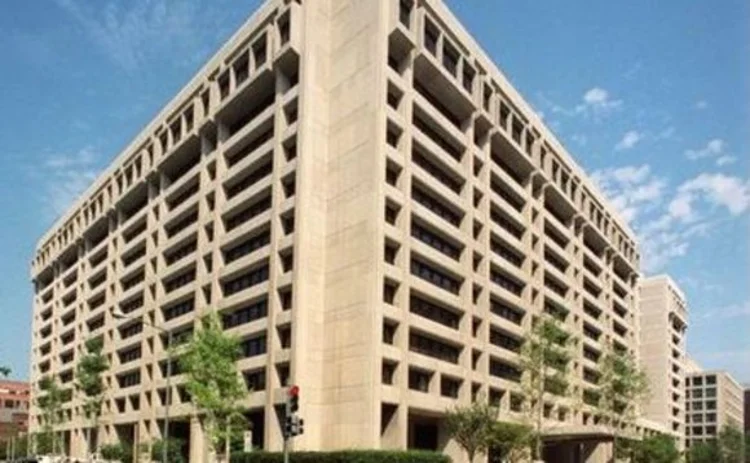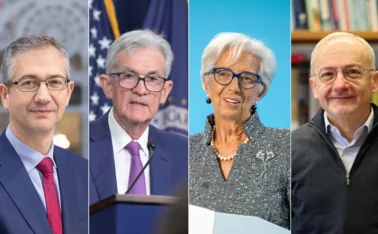
Paper finds evidence of multiplier effect in food trade policy
Paper analyses trade measures in 77 countries from 2008 to 2011

When a shock drives up the price of food, "exporters respond by imposing restrictions while importers wind down protection," creating a "multiplier effect" in food trade policy, says the IMF.
In Food prices and the multiplier effect of trade policy, Paolo Giordani, Nadia Rocha and Michele Ruta analyse trade measures across 77 countries and 33 food products for the period 2008–11.
When exporters and importers behave in this way, they are "exacerbating the initial shock and soliciting further
Only users who have a paid subscription or are part of a corporate subscription are able to print or copy content.
To access these options, along with all other subscription benefits, please contact info@centralbanking.com or view our subscription options here: http://subscriptions.centralbanking.com/subscribe
You are currently unable to print this content. Please contact info@centralbanking.com to find out more.
You are currently unable to copy this content. Please contact info@centralbanking.com to find out more.
Copyright Infopro Digital Limited. All rights reserved.
As outlined in our terms and conditions, https://www.infopro-digital.com/terms-and-conditions/subscriptions/ (point 2.4), printing is limited to a single copy.
If you would like to purchase additional rights please email info@centralbanking.com
Copyright Infopro Digital Limited. All rights reserved.
You may share this content using our article tools. As outlined in our terms and conditions, https://www.infopro-digital.com/terms-and-conditions/subscriptions/ (clause 2.4), an Authorised User may only make one copy of the materials for their own personal use. You must also comply with the restrictions in clause 2.5.
If you would like to purchase additional rights please email info@centralbanking.com







